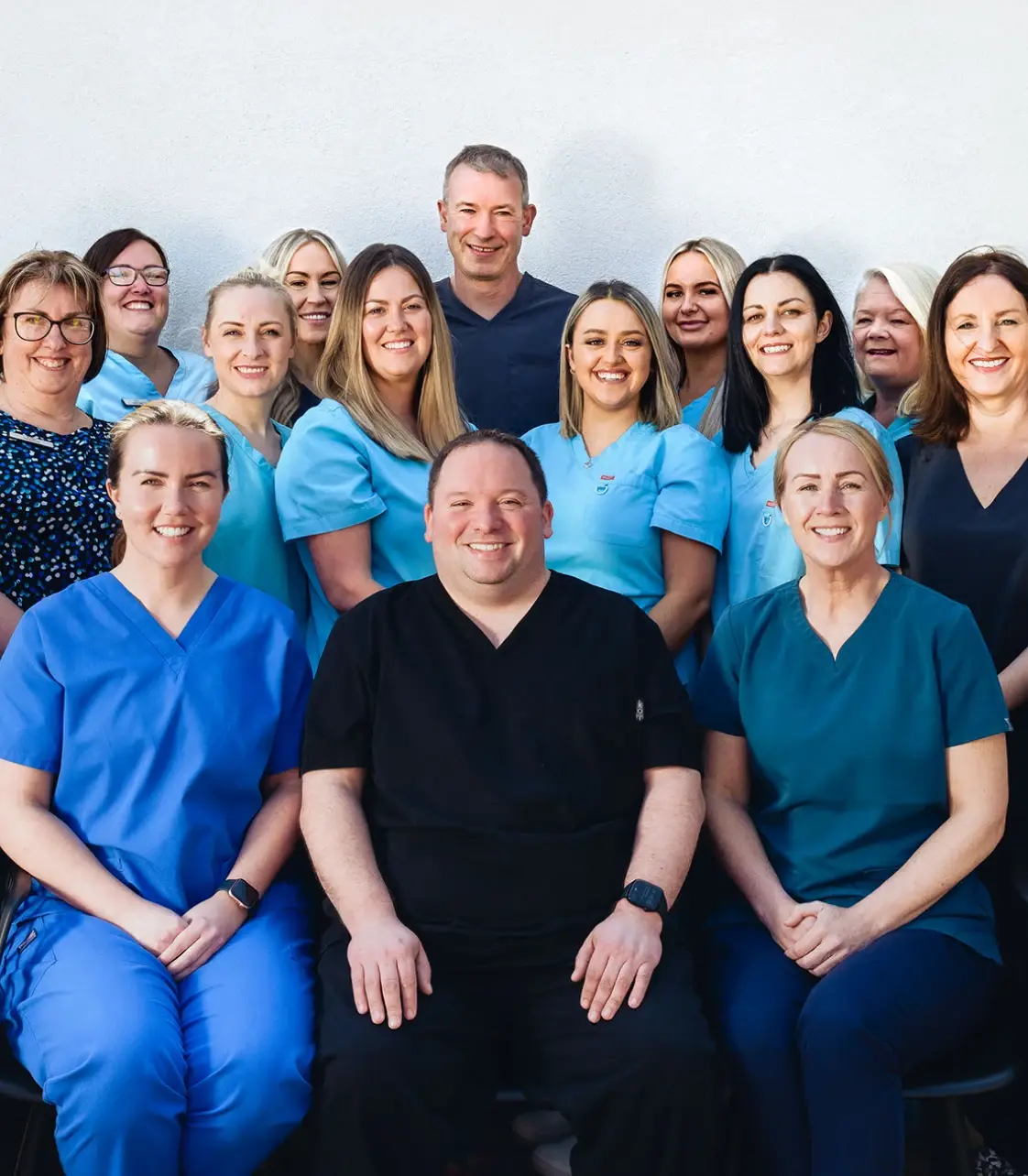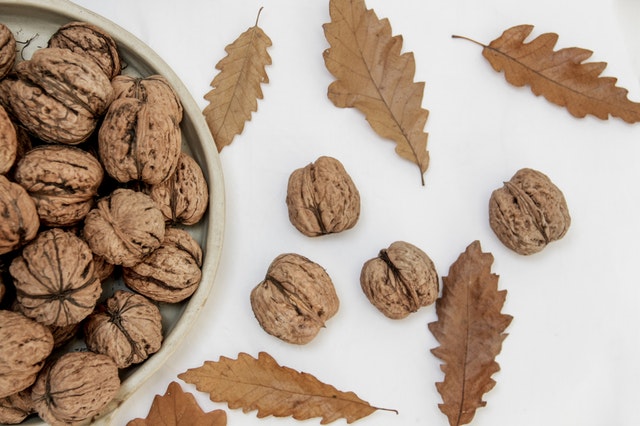Your teeth can endure wear on them for many different reasons, it’s important to understand what causes this wear to learn how to combat it to keep your teeth healthy. We have put together 3 key causes for dental wear and given you some helpful tips to protect your teeth.
Dental Abrasion
What is dental abrasion?
The term dental abrasion simply means the wear and tear of the teeth which is produced by a foreign material rubbing on your teeth. The friction from this leads to wear of the tooth structure.
What causes dental abrasion?
Dental abrasion most commonly occurs when an individual brushes their teeth too much with excessive force. Using other items such as toothpicks incorrectly, biting your nails, chewing pencils and other objects can contribute to tooth abrasion. The wear on your teeth is irreversible so it is important to seek dental treatment if you are concerned and they will be happy to give you helpful advice to maintain a healthy smile.
How can I prevent dental abrasion?
Whilst it is important to brush your teeth regularly to remove plague, in order to prevent abrasion, make sure you do not put too much pressure on your tooth brush and do not scrub your teeth too firmly. Also, be aware that to protect your teeth you should take care not to put objects such as pens in your mouth as they can damage your teeth. Make sure to brush your teeth twice a day and replace your toothbrush regularly, you may prefer to use an electric toothbrush. When brushing your teeth ensure you use toothpaste that contains fluoride to protect them against decay. Ensure you brush all the surfaces of your teeth and the areas between your teeth and gums to remove bacteria. Dental floss can help you to clean the plaque in-between your teeth that your toothbrush cannot reach. Using fluoride mouthwash can also help remove plaque and bacteria to ensure healthy gums.
Dental Attrition
What is attrition?
Similar to dental abrasion, dental attrition is another type of tooth wear, however this is caused from tooth-to-tooth contact which results in loss of tooth tissue.
What causes attrition?
Dental attrition can occur over time as a normal part of aging from general wear and tear. It can also occur from an individual grinding or clenching their teeth together known as bruxism. This usually occurs when you sleep and it is more likely that your partner notices this problem than yourself. Clenching or grinding your teeth can damage your teeth and increase sensitivity leading to toothache, jaw pain and headaches.
How can I prevent attrition?
Whilst some attrition is caused by aging, there are types which are linked to other conditions such as experiencing stress, or being on certain medications. Your dentist may recommend talking to a cognitive behavioural therapist to discuss if you are feeling stressed and to help you to relax during sleep. Why not try a relaxation routine before bed, or taking up yoga to unwind as this can help to reduce the likelihood of bruxism during sleep. If your teeth are not aligned properly this can also lead to clenching and grinding your jaw. Your dentist will check for any problems and make adjustments to your teeth. They can also create you a personalised night guard to protect your teeth when you sleep. Smoking and drinking caffeine can also increase the likelihood of bruxism so prevention or reduction of this intake can be a solution.
Tooth Erosion
What is tooth erosion?
Your teeth are protected by a layer of enamel which covers the surface of your teeth and damage to this layer can lead to tooth decay. Erosion of teeth occurs when acid attacks this surface, the erosion can also effect the dentine in your teeth which is the layer underneath the enamel (this layer is much more sensitive).
What causes tooth erosion?
Many different types of food and drinks contain acids which can erode the teeth, for example fizzy drinks and juices, crisps and fruits. Anything that has a pH value below 5.5 is acidic and can harm your teeth. Whilst these sweet treats are fine on occasion, try to avoid having them on a regular basis and particularly avoid sweets such as lollypops that stay in your mouth for a long period of time.
Your stomach also contains acid which can erode your teeth, health conditions linked to vomiting and acid reflux can also lead to erosion of the teeth.
How can I prevent tooth erosion?
There are actions you can take to reduce the likelihood of dental erosion such as monitoring the amount of acidic food and drink you consume. Brushing your teeth regularly and using fluoride toothpaste and mouthwash can help to protect your teeth from acids and maintain healthy teeth and gums.
If you have any questions regarding these topics or would like to speak to an expert call one of our lovely team members at Marquess Dental on 01248 787878.

Start your journey to a new smile today
We offer a wide range of dental treatments to suit the needs of every patient.
Book an AppointmentFind out more about how we can help you














